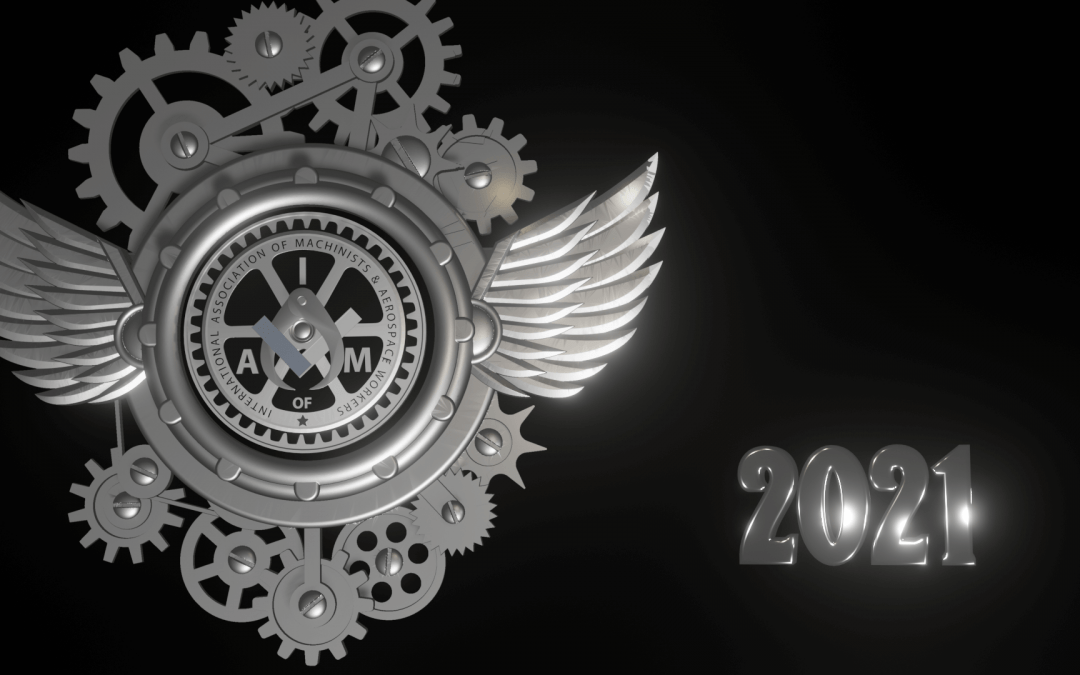
by Eric Price | Dec 31, 2020 | COVID, Featured News, Front Page, MNPL, Page Five, Page Four, Page Two, Perusals, Row 2, Safety
In this challenging year, we were not without significant, and even historic successes. We should be proud of the work we did to protect our jobs, benefits, and pay in the courts and in the halls of Congress. -Mike Klemm, IAMAW District 141 President & Directing...
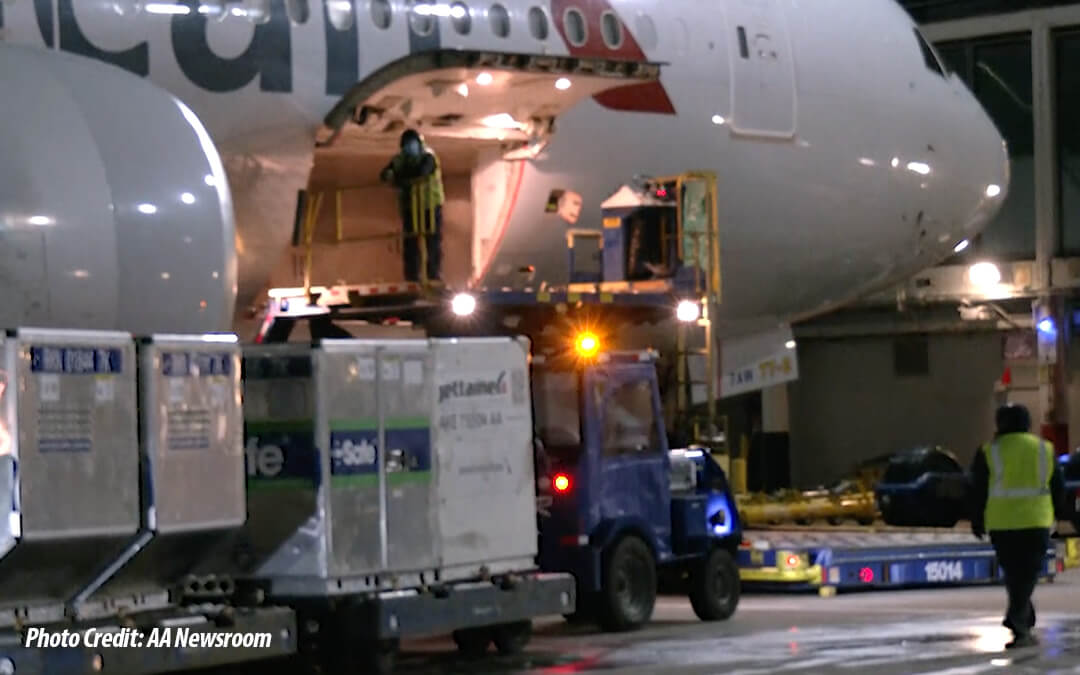
by Eric Price | Dec 16, 2020 | American, COVID, Featured, Featured News, Front Page, Organizing, Page Five, Page Four, Perusals, Row 2, Safety, Safety, Uncategorized
This week, American Airlines ground crews began moving some of the first shipments of vital and urgently needed COVID-19 vaccine. History: American Airlines Workers Launch Vaccine Shipments From ORD to MIA The American Airlines Cargo team carried its first...
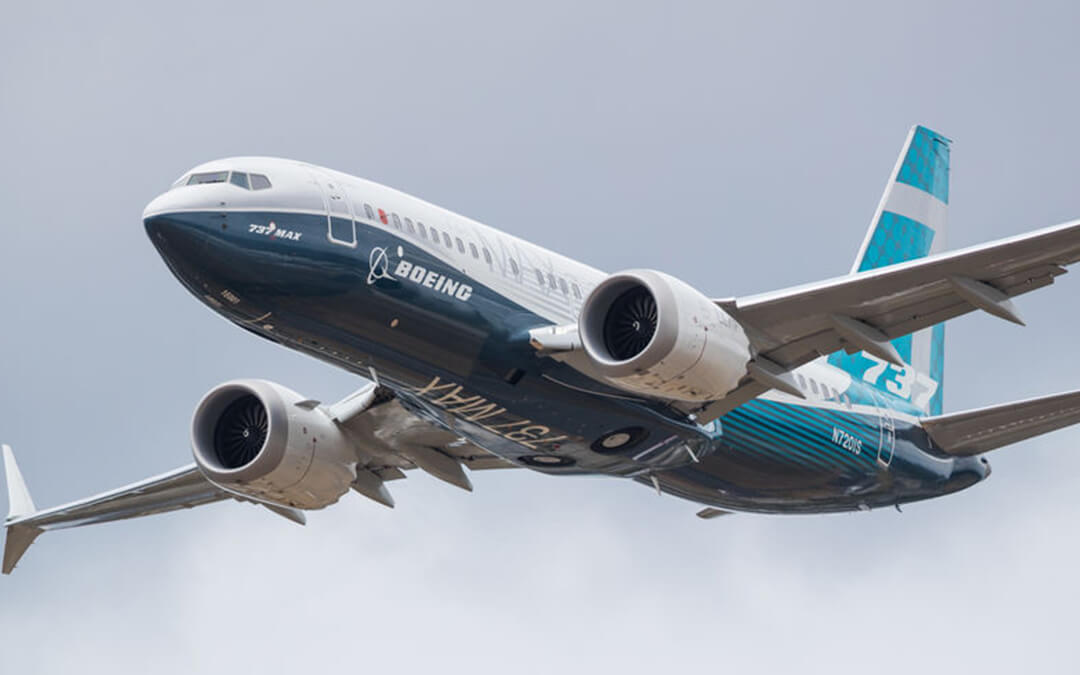
by Eric Price | Nov 24, 2020 | Airlines, Featured, Front Page, GOIAM Stories, Page Five, Page Four, Page Two, Perusals, Row 2, Safety, Safety
The Federal Aviation Administration (FAA) has lifted the grounding of the 737 Max, clearing the way for airlines to begin scheduling flights in the upcoming months. The move comes after more than a year of the IAM partnering with the FAA and Congress to ensure the...
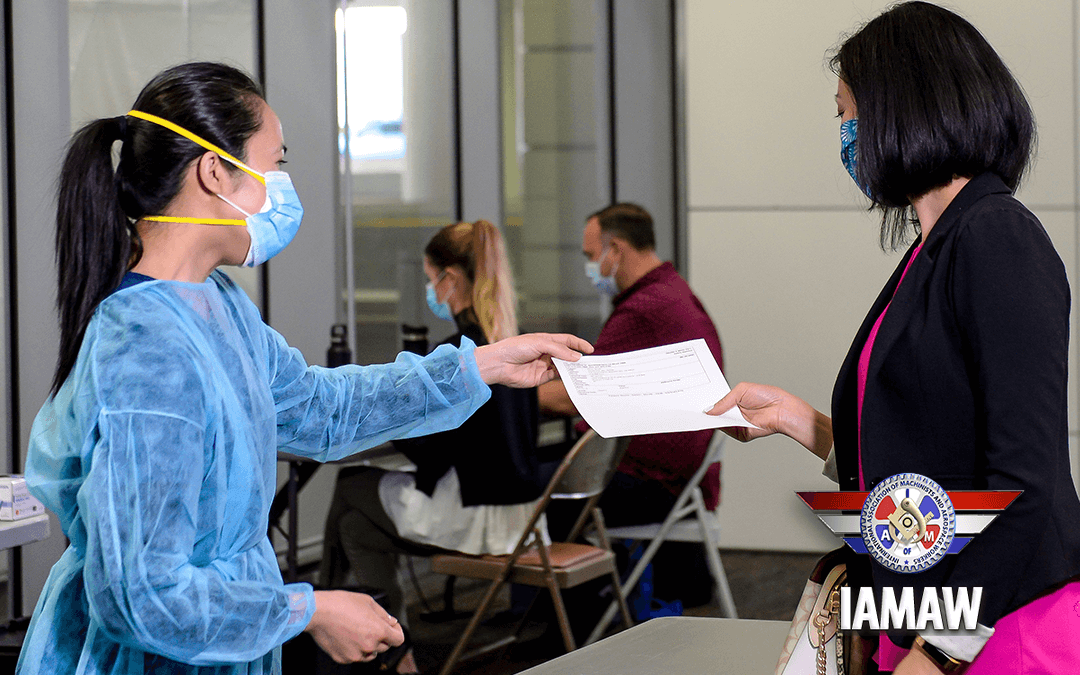
by Eric Price | Nov 16, 2020 | COVID, Featured, Featured News, Front Page, Page Five, Page Four, Page Three, Page Two, Perusals, Row 2, Safety, Safety, Uncategorized, United
Beginning today, United Airlines is rolling out a four-week trial program that will offer free, rapid COVID testing on flights from Newark Liberty Airport (EWR) to London’s Heathrow Airport (LHR). The new effort, which was first announced by the airline in...
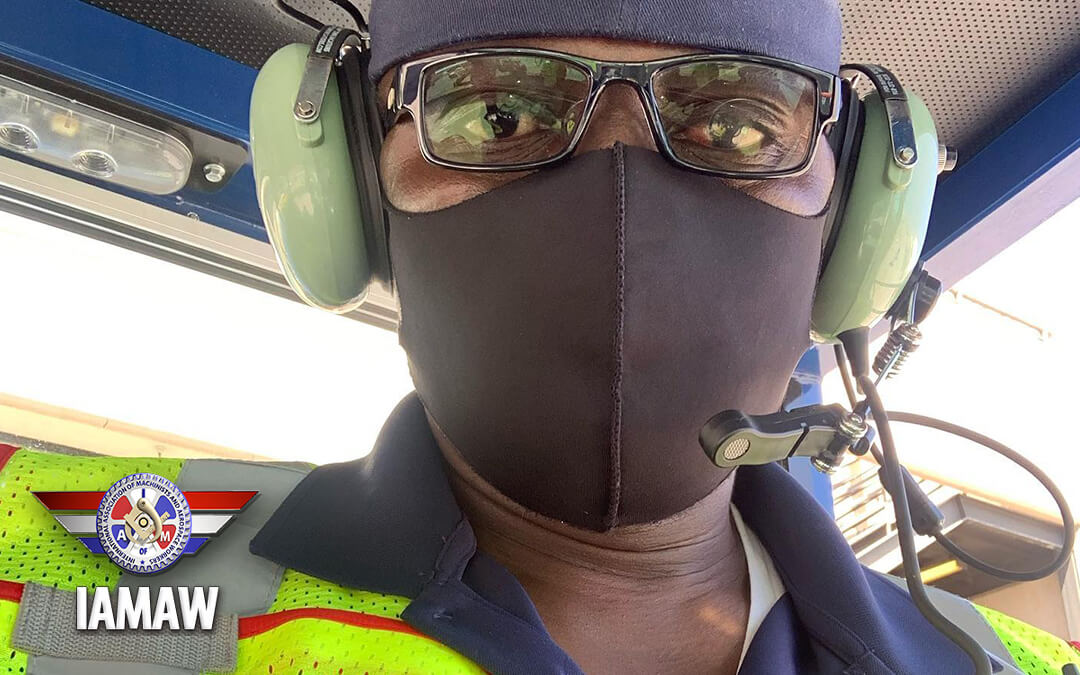
by Eric Price | Nov 10, 2020 | Airlines, Community Service Page, COVID, Featured, Featured News, Front Page, GOIAM Stories, MNPL, Organizing, Page Five, Page Four, Page Three, Page Two, Perusals, Row 2, Safety, Uncategorized
The COVID-19 pandemic has affected the livelihoods and safety of all Americans, especially those working on the frontlines. Transportation air and rail members, whose jobs are essential to moving travelers and goods across our country, have not only battled through...
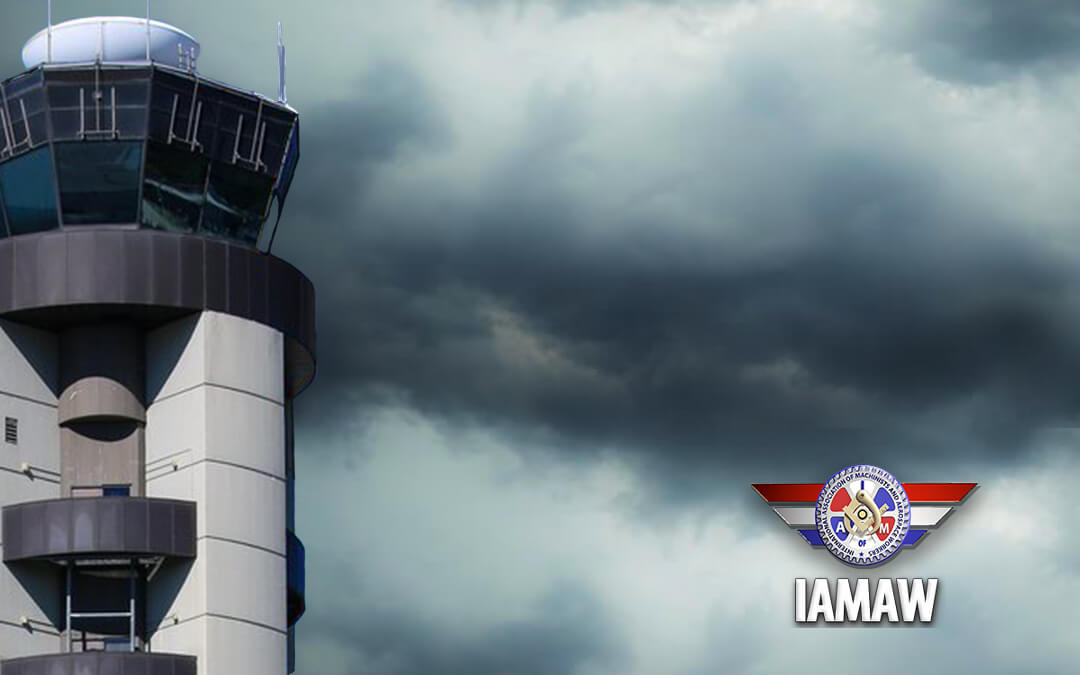
by Eric Price | Oct 29, 2020 | American, Featured, Featured News, Front Page, Page Five, Page Four, Page Three, Page Two, Perusals, Row 2, Safety, Safety, Uncategorized
Zeta has weakened to a tropical storm over Alabama after slamming into the Louisiana Coastline as a Catagory 2 hurricane just days before Halloween. Airline workers have faced 27 tropical storms in 2020, with 11 of them strengthening to hurricane status. The last year...







